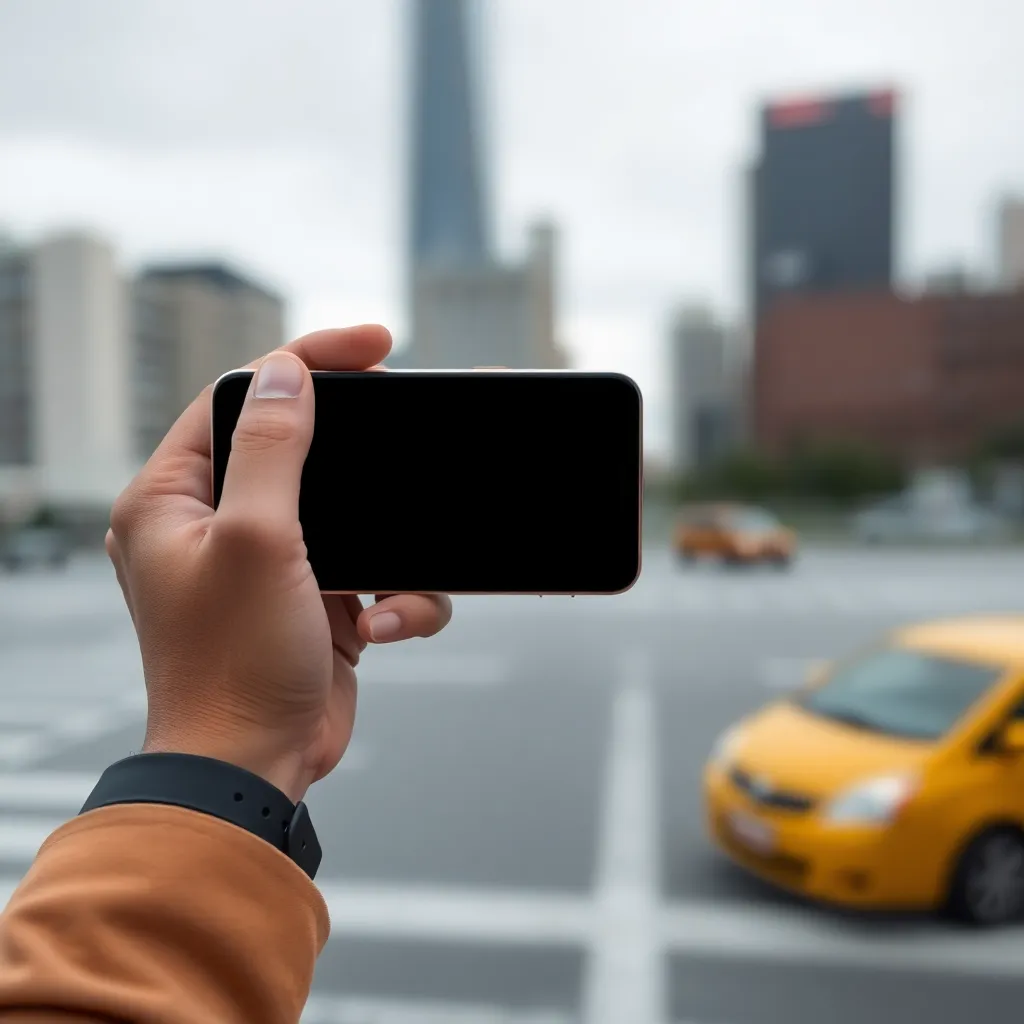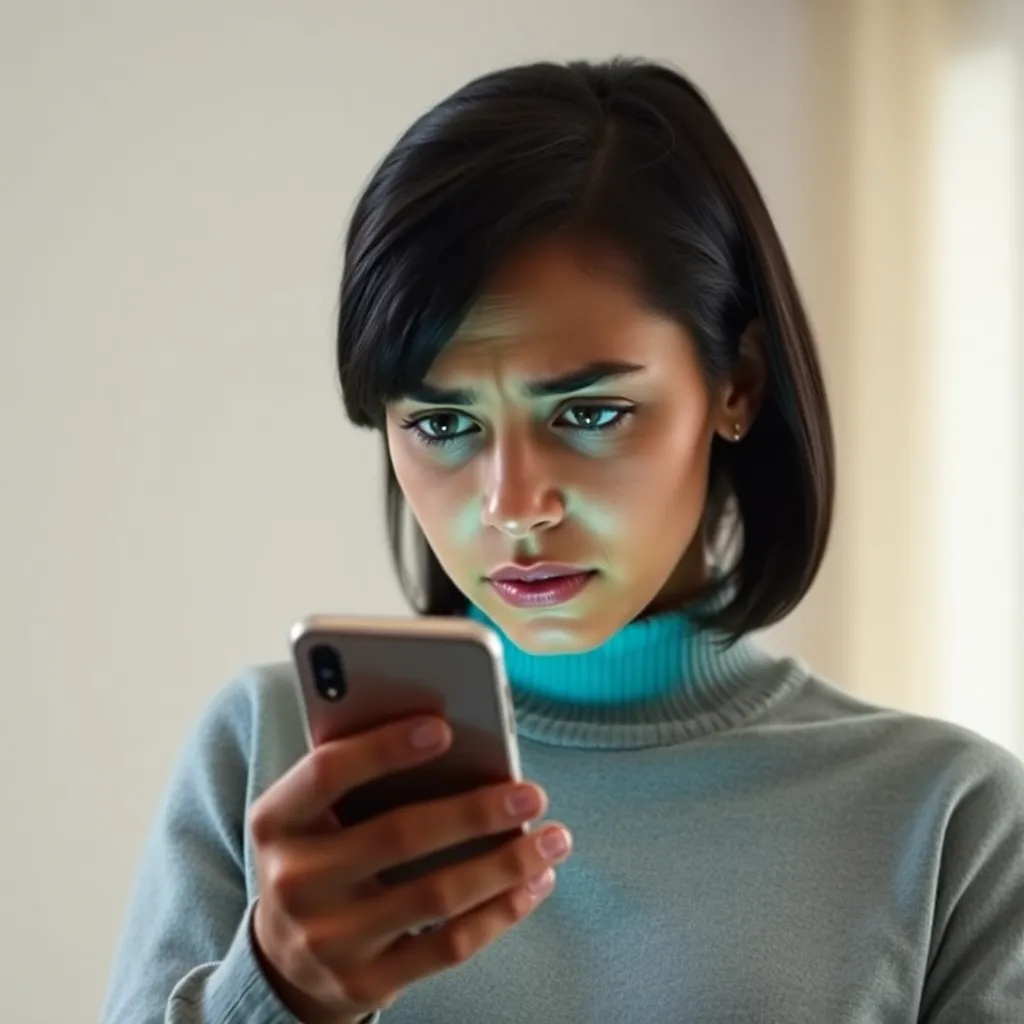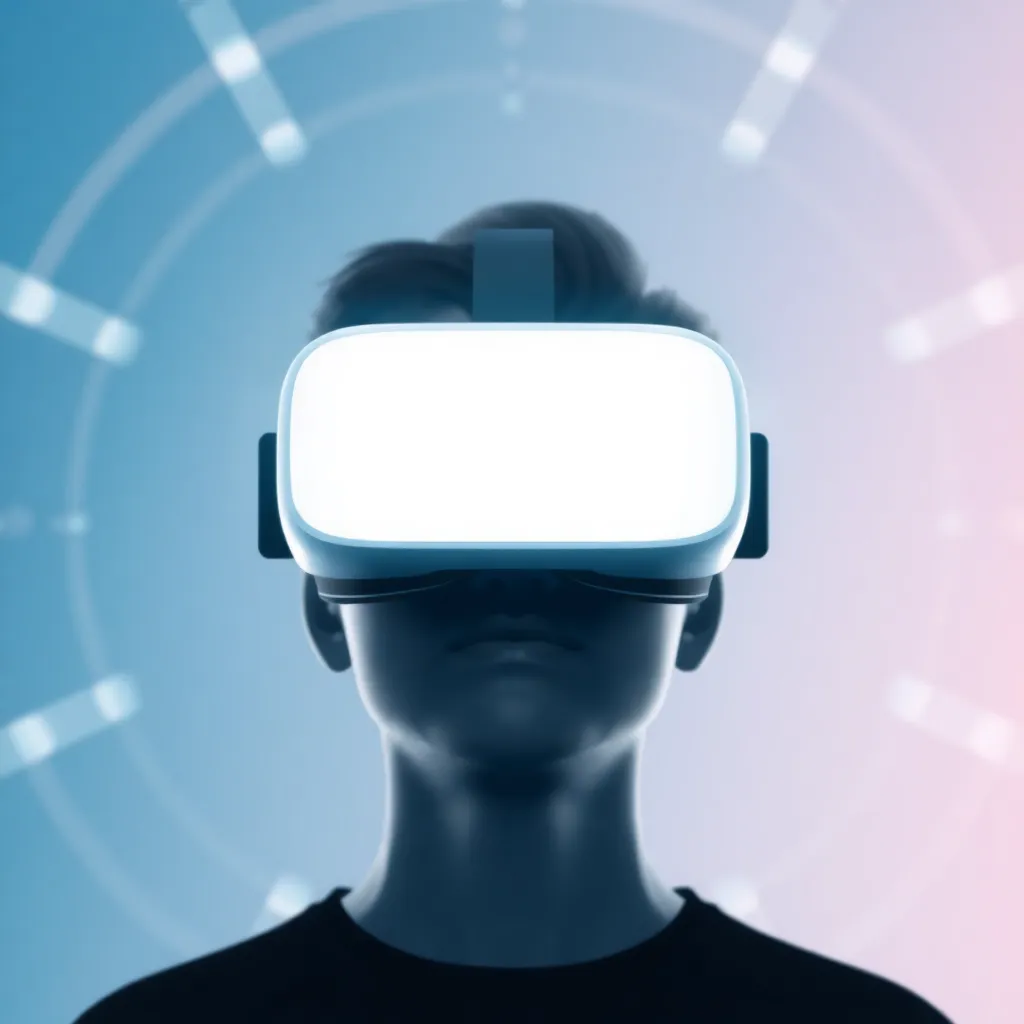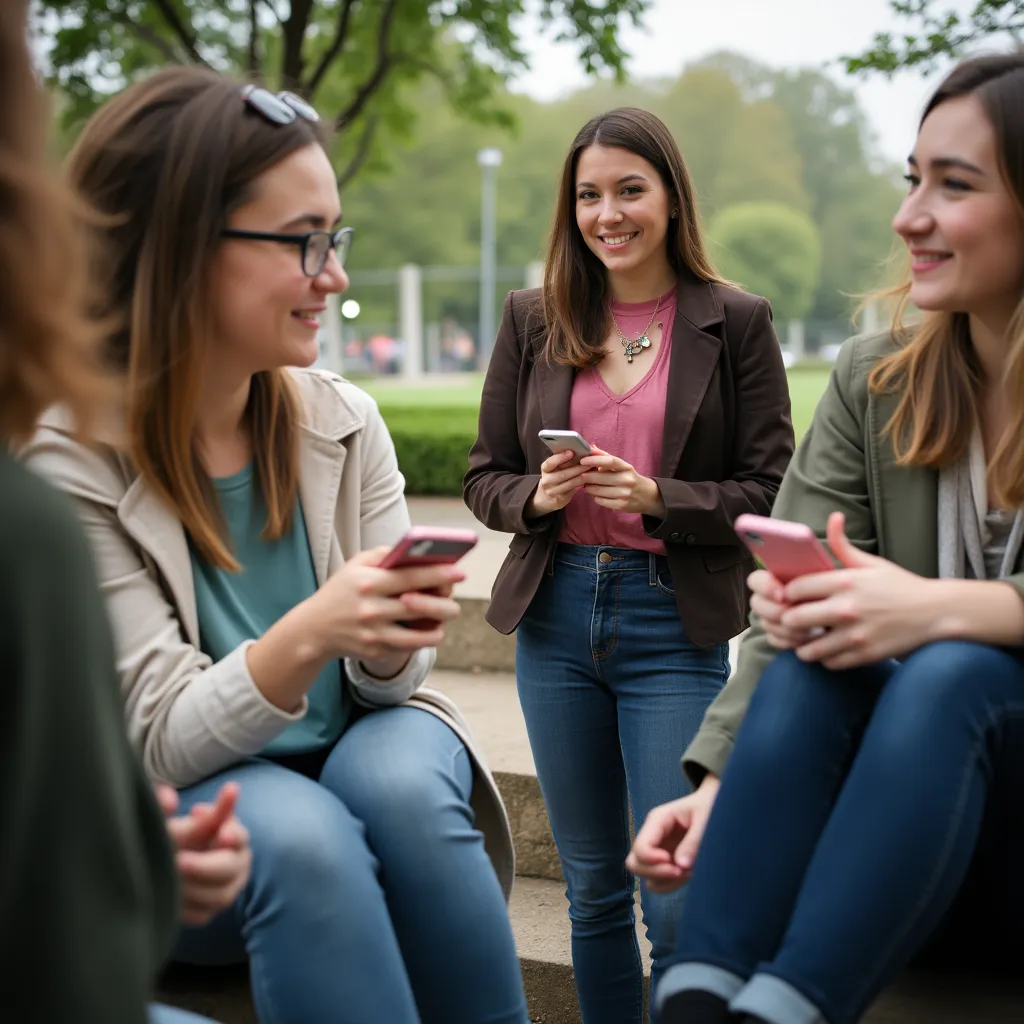Balancing Bytes and Bonds: Examining the Effects of Social Media on Relationship Dynamics
As we navigate the complexities of modern relationships, it's becoming increasingly clear that social media plays a significant role in shaping our interactions and dynamics. From the way we communicate to the way we present ourselves online, social media has the power to both unite and divide us. In this article, we'll delve into the multifaceted impacts of social media on relationships, exploring both the benefits and drawbacks, and offering practical strategies for harnessing the former while mitigating the latter.
One of the most significant effects of social media on relationships is the way it has transformed communication. Social media platforms have made it easier than ever to stay connected with loved ones, regardless of geographical distance. With just a few clicks, we can share updates, photos, and videos, keeping our partners informed about our lives and experiences. However, this increased connectivity can also lead to over-reliance on digital communication, potentially eroding the quality of face-to-face interactions.

This phenomenon is particularly relevant for couples in long-distance relationships. While social media can help bridge the physical gap, it can also create unrealistic expectations and promote a sense of constant availability. Partners may feel pressured to respond immediately to messages or posts, potentially leading to feelings of anxiety and stress. Moreover, the lack of nonverbal cues and physical touch can lead to misunderstandings and miscommunications, further exacerbating relationship issues.
The Benefits of Social Media in Relationships
Despite the potential drawbacks, social media can also have a positive impact on relationships. For instance, social media can serve as a valuable tool for couples to stay connected and maintain intimacy. Sharing personal moments, photos, and videos can help partners feel more connected and involved in each other's lives. Social media can also facilitate joint activities and shared interests, such as following a favorite TV show or sports team.
Moreover, social media can provide a platform for couples to express their love and appreciation for each other. Public displays of affection, such as posting romantic photos or writing heartfelt messages, can strengthen the bond between partners and create a sense of closeness. Social media can also serve as a means of support and encouragement, allowing partners to celebrate each other's achievements and provide comfort during difficult times.

Fueling Jealousy and Trust Issues
However, social media can also fuel jealousy and trust issues in relationships. The constant stream of curated content can create unrealistic expectations and promote feelings of inadequacy. Partners may feel threatened by the presence of attractive people in their partner's online network or become suspicious of innocuous interactions. Moreover, the ease of online communication can facilitate infidelity, making it easier for individuals to engage in secretive behavior.
This phenomenon is often referred to as "social media-induced jealousy." A study published in the journal Cyberpsychology, Behavior, and Social Networking found that exposure to social media can increase feelings of jealousy and anxiety in individuals, particularly in the context of romantic relationships. The study suggested that the constant stream of information on social media can create unrealistic expectations and promote a sense of competition, leading to feelings of insecurity and mistrust.

Strategies for Balancing Bytes and Bonds
So, how can we harness the benefits of social media while mitigating the potential drawbacks? Here are a few strategies for balancing bytes and bonds in modern relationships:
1. Establish boundaries: Set clear boundaries around social media use in your relationship. Discuss what is and isn't acceptable behavior online, and establish guidelines for communication and interaction.
2. Prioritize face-to-face communication: Make time for face-to-face interactions, and prioritize these over digital communication. This can help maintain the quality of your relationship and reduce feelings of anxiety and stress.
3. Practice self-reflection: Take time to reflect on your own social media use and its impact on your relationship. Consider seeking outside help if you find it difficult to manage your online behavior or if it's affecting your relationship.
4. Cultivate trust and intimacy: Focus on building trust and intimacy in your relationship through shared activities, open communication, and emotional vulnerability. This can help counteract the negative effects of social media and promote a healthier, more fulfilling relationship.

The Future of Social Media in Relationships
As social media continues to evolve, it's likely that its impact on relationships will also change. Emerging technologies, such as virtual and augmented reality, may further transform the way we interact and communicate with each other. While these developments hold promise for enhancing relationships, they also raise concerns about the potential for increased isolation and decreased face-to-face interaction.
Moreover, the rise of social media has also led to increased concerns about data privacy and security. As social media platforms collect and store vast amounts of personal data, there is a growing risk of data breaches and cyber attacks. This can have serious implications for relationships, particularly if sensitive information is compromised.

In conclusion, social media has the power to both unite and divide us, and its impact on relationships is multifaceted and complex. By understanding the benefits and drawbacks of social media, we can harness its potential to enhance our relationships while mitigating the potential drawbacks. By establishing boundaries, prioritizing face-to-face communication, practicing self-reflection, and cultivating trust and intimacy, we can build stronger, more fulfilling connections in the digital age.
